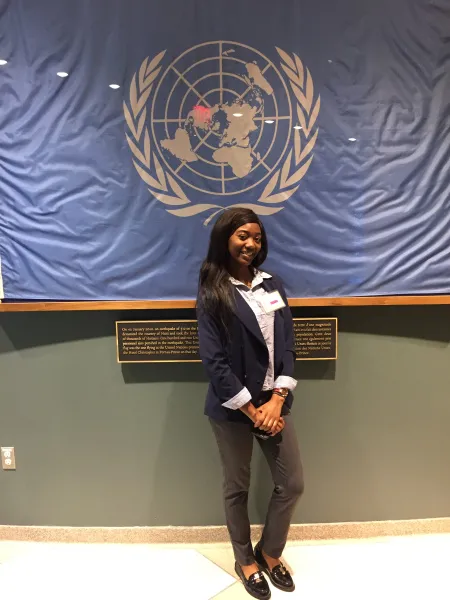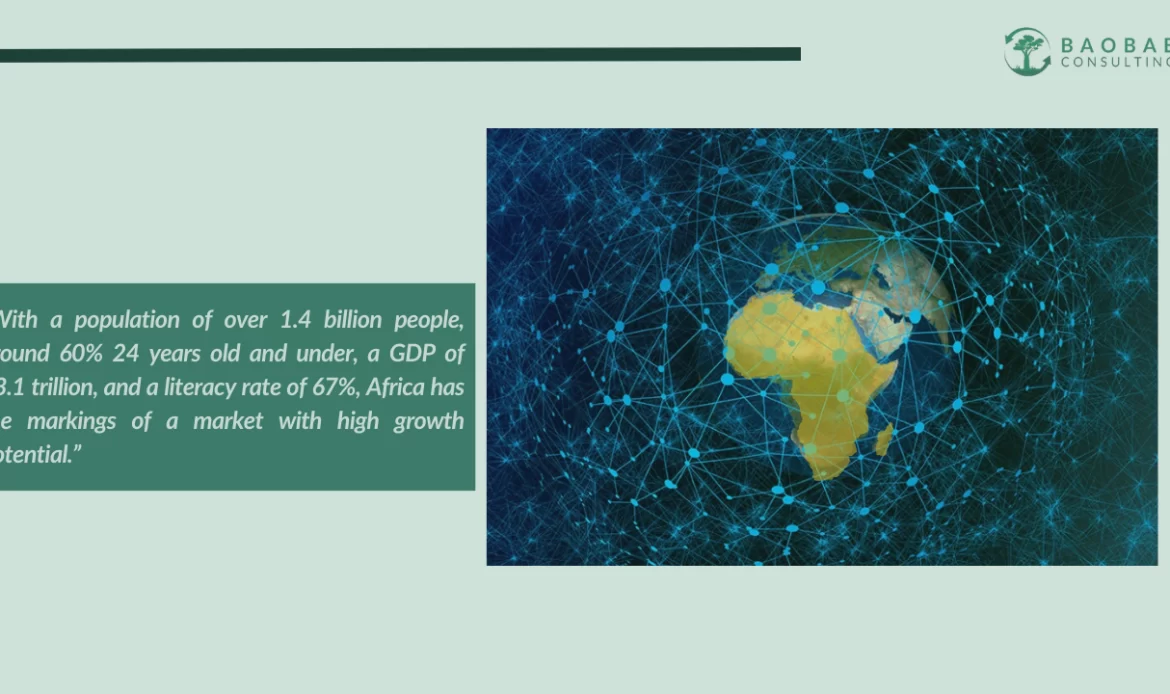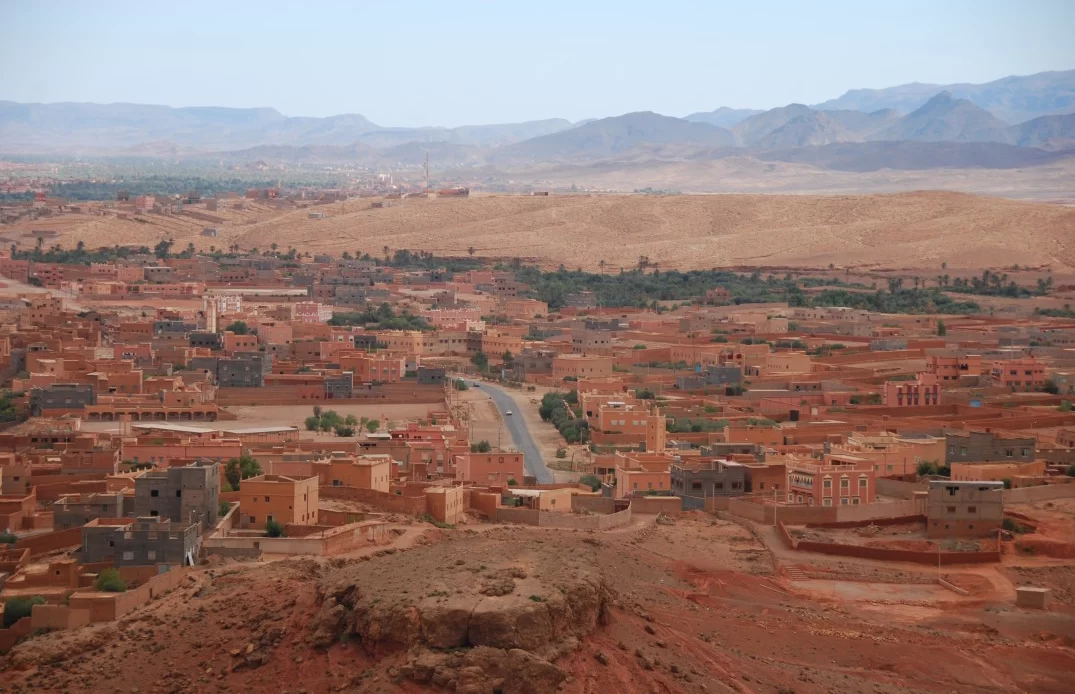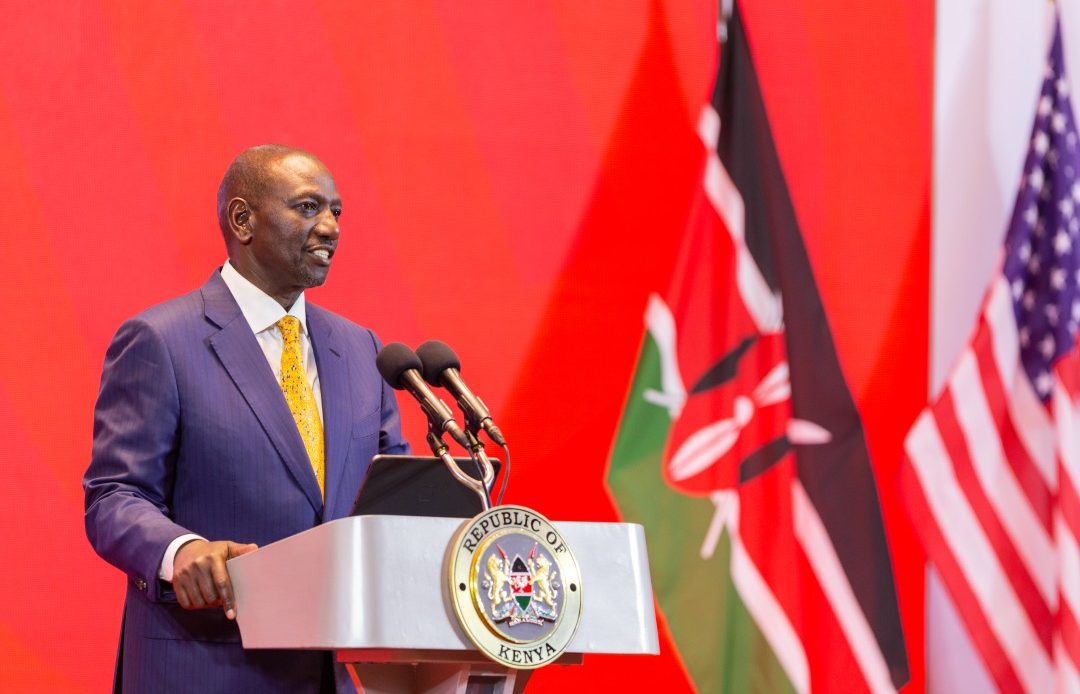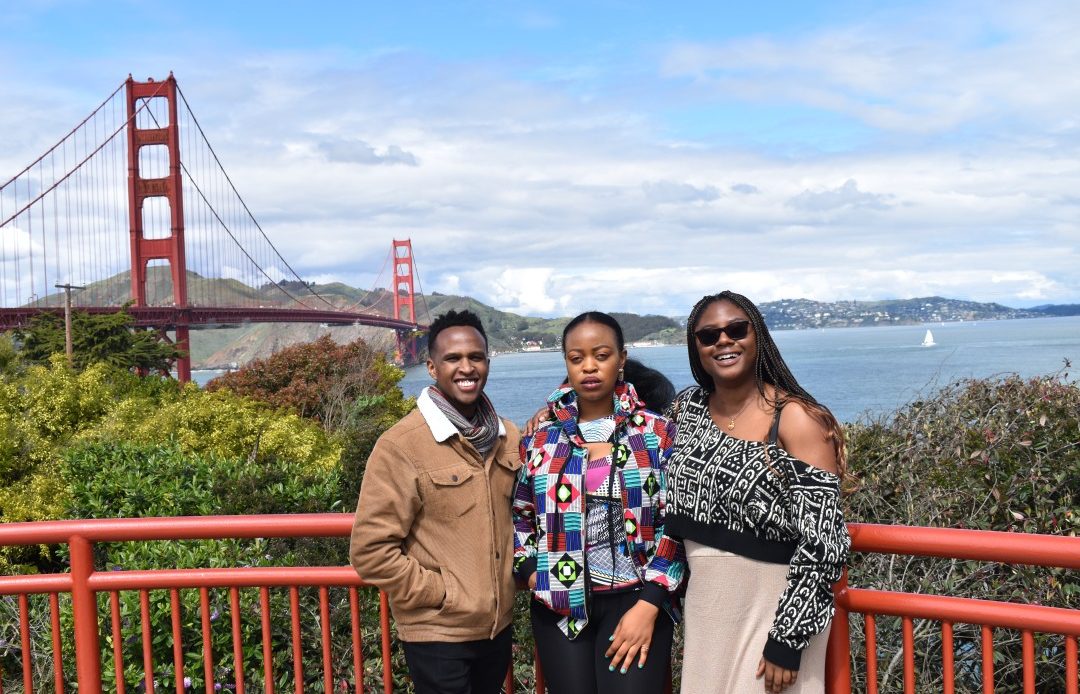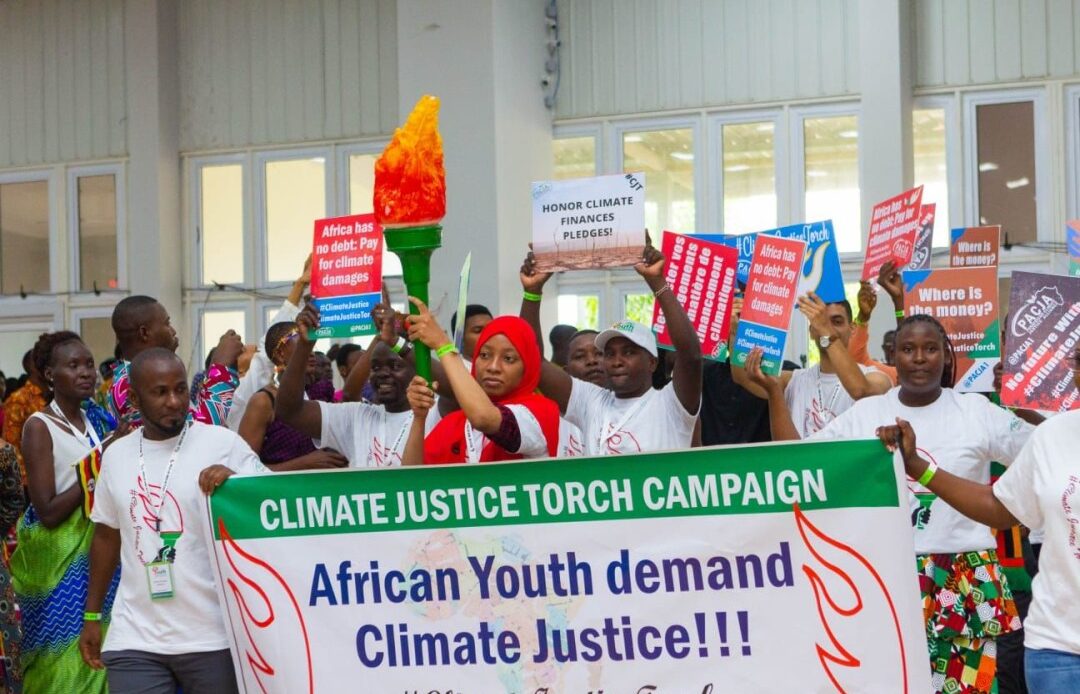Written by Manuela Chedjou
On January 27, 2017, I stepped foot into the United Nations Headquarters for the first time. The Committee on Teaching for the United Nations (CTAUN) hosted a conference dedicated to giving teachers more information about the global refugee crisis, sharing testimonies from refugees living in the United States and giving concrete examples of organizations working on the issue. I was particularly moved, because I myself am an immigrant.
I grew up in Dschang, a small town in Western Cameroon, where everyone knew each other. All I spoke was French and my dialects, Yemba and Nguemba. My father always dreamt taking my siblings and I to the United States, for us to get an education. We hosted American students and learned as much as we could. He played the Visa Lottery for 6 years consecutive years until he won back in 2008. Finally our dreams came true.
When I first arrived on February 2010, I had to adapt to the system because everything was different compared to Dschang. I knew I had to learn English quickly in order to be able to communicate and learn in school. I had to adapt to the pace of the Bronx, NY and I couldn’t believe how everyone was so busy and parents didn’t even have much time to spend with their children because they were busy working to make ends meet. Everything was different.
When I started school, I used to cry in the hallway, feeling scared and alone. I couldn’t talk to anyone or make friends because I didn’t speak English. When I was asked a question by classmates, I usually just smiled, nodded or even ignored because I did not understand. However, thanks to the ESL teachers who supported my transition into the New York Public School system, I was able to learn English integrate into DeWitt Clinton High School, and I was admitted to the City University of New York, Hunter College, where I am expected to graduate from in December 2017.
As my peers like Mahmood from Iraq, Bahati from Rwanda, Manal from Iraq, Mading from Sudan, Sana from Syria and Gladys from Burundi spoke at the United Nations, I realized how lucky I was to move to the United States as an intended legal immigrant. My family chose to leave Cameroon to settle here. We return to visit our friends and family back home, and I am able to travel to London to visit my sister and her husband. I am an American citizen, but I will always have my connection to home. Refugees are people just like us, but they had to leave their country due to fear, war, violence, or religion. They have been deprived of their basic human rights like health, education or shelter. Some cannot access education or healthcare because of their legal status, something U.S citizens and document immigrants, like myself, often take for granted.

So how can we support refugees? You can donate to refugee resettlement organizations who welcome newcomers to the community and help people see that refugees are human beings who want the best for their families. You can listen to their stories, and help them heal their pain. We must not let politics stop us from helping and welcoming refugees. I believe that we as global citizens have the duty to do so.

